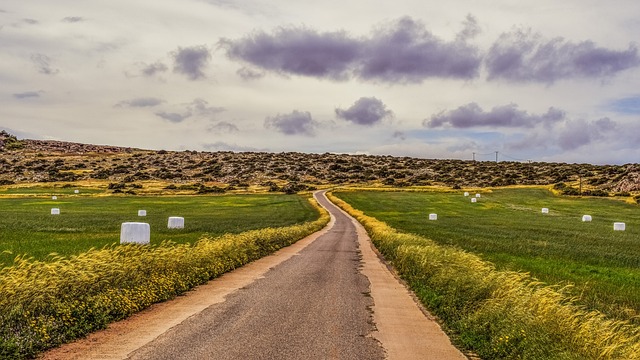Controversial works regarding the building of a monastery in an environmentally sensitive area in Ayia Napa are being investigated, it emerged on Thursday.
Speaking to CyBC, deputy environmental department director Elena Stylianopoulou said the works were halted but had been conducted entirely arbitrarily and were at an advanced state.
The controversial project was carried out on land entirely within protected and sensitive zoned areas of the Natura 2000 Cape Greco network.
The department caught wind of the activity two weeks ago upon receiving a complaint over the matter, and after an on-site inspection the department signaled the Famagusta planning authorities to put a stop to the works, Stylianopoulou said.
The new issues concern massive groundworks and buildings already nearing completion, according to a report in the daily Philenews, which broke the story.
According to the daily, the Game and Fauna Service also carried out an on-site visit last Thursday and issued an extrajudicial fine of €2,000 due to habitat degradation and disturbance of wild fauna based on the legislation for protection of wild birds.
Stylianopoulou noted that it is extremely challenging to carry out an environmental assessment once faced with a de facto situation as works already done at the site mean that any pre-existing fauna would have fled.
“We have no evidence to compare the [built and excavated site] to what was here before,” she said.
After inspection, letters were immediately sent out to the town planning department and to the owner of the plot – the Bishopric of Famagusta.
“The Famagusta planning department sent an order to immediately terminate the works [and] it remains to be seen what can be done,” Stylianopoulou said.
The state official noted that the church had carried out the construction before securing any kind of permit from the planning department and said the plot was a landlocked one on designated forest land, which was cultivated.
The latest revelation comes hot on the heels of renewed outcry over actions at another Ayia Napa site, Ammos tou Kambouri, where terraforming was done to create a beach for the villa of infamous fugitive Jho Low, an act described by legislators as a “classic crime” warranting police involvement.
MPs are compiling a fact-finding dossier for this earlier case, to be formally filed at an upcoming session of the House plenum.







Click here to change your cookie preferences